Most people don’t closely analyze what type of media they consume. Sure, they’ll look over the summary of a movie or maybe even glance through reviews, but they won’t try to understand how it could impact future choices they make. If you were to explain to them that bingeing romance movies heavily increases their chances of developing certain ideas about what a romantic relationship should be, as well as influencing the type of romantic partner they will want in the future, would they reconsider what they watch?
Younger audiences tend to be influenced by romance portrayed in movies, as most of them haven’t had the time to actually form enough genuine relationships. They tend to idealize certain relationships and use romance that’s portrayed in films and in television shows as a sort of guide for how they should live their lives or what choices they should make.
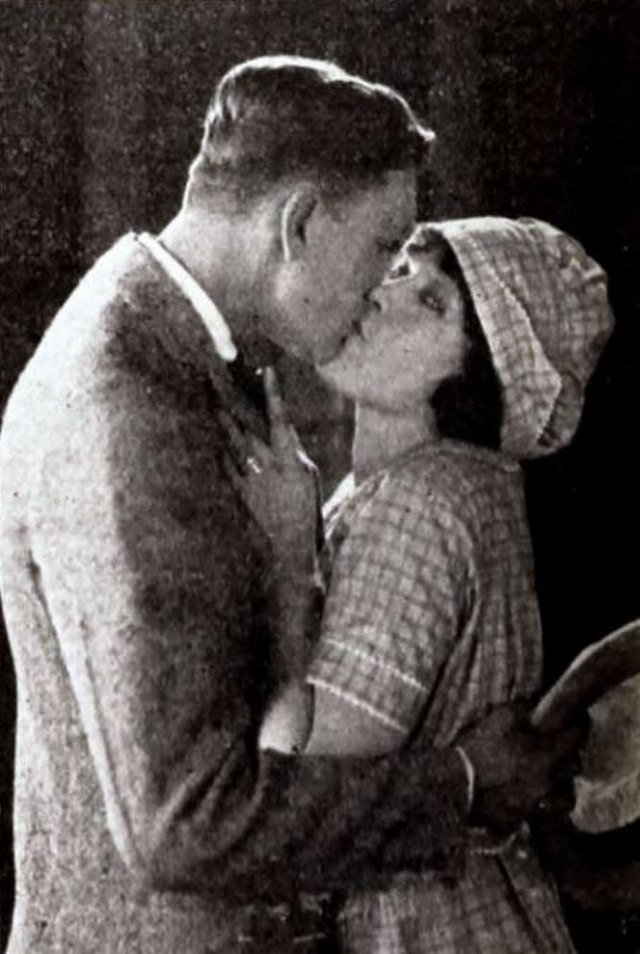
This type of mirroring behavior is common regardless of the genre of the film, as there has been research conducted about the effects of film on adolescents. “Children’s lifetime superhero exposure may influence children’s risk-taking. Given American children’s substantial media exposure, research should continue to unpack the role of superhero media on children’s unintentional injury and other health risk behaviors.”1
To give an example of this, we have eighteen-year-old Elle Williams who has just started attending college away from her hometown, meaning she doesn’t have her friends around her to make her feel comfortable when she’s attending school, and she has no relatives living near her. She feels alone. All she wants is someone around her who cares. It’s hard living in a cramped dorm with no one to really speak to. All she does is watch movie after movie, barely making any friends as she’s holed up in her room, but can you really blame her? Almost everyone she’s tried to interact with is doing the same thing. Most people just don’t look too excited to have a conversation with a complete stranger. It’s not like Elle was completely friendless; she had a total of two friends that were not from her hometown. While she’s happy to even have any friends in college, she would be lying if she said she wasn’t upset when they couldn’t hang out more often with her. Her friends both had significant others, which meant that they would hang out with them rather than with Elle. While she was obviously happy for her friends, she couldn’t help feeling a tad envious. Elle had never had a serious relationship before. She had small crushes on people every other week, which would usually fade in a few days. Being the single friend really bummed her out; what was it about her that was unappealing? Why couldn’t she be swept off her feet by an attractive person and go on cute dates just like every other person was experiencing?
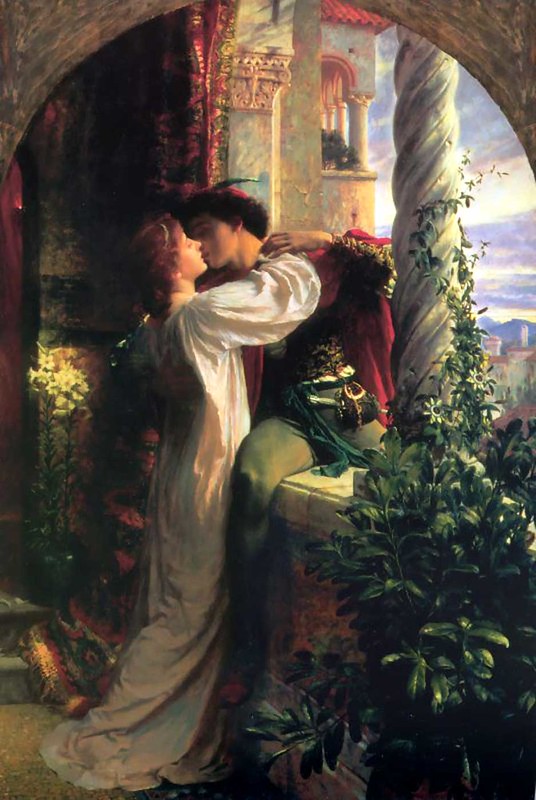
That was just how her life went. At least, that’s how it went until she met Daniel. Now Daniel was Elle’s dream guy. He was slightly taller than her, usually had a pair of wired earbuds stuck in his ears regardless of whether class was in session or not, and he wore oversized sweaters. Now, this might not seem like the most attractive person in the world, but to Elle, he was. Elle was experiencing the eros style of love, which is one of the six styles of love. She placed him at an “ideal” image of physical beauty, where she’s immediately drawn into him to the point where she disregards any immediate red flags in his behavior. But, to be fair, this is something that is normalized in romantic films, as it’s not revealed until the climax of the movie what someone’s true intentions are, or at least by then the rose-colored glasses come off the main character’s eyes.2
For example, in the movie Clueless, the main character Cher has fallen for a transfer student Christian, who’s unlike any of the boys in her class. She does so much to pursue him, due to her attraction to him, but she doesn’t even see that Christian is just not into her, or any girl for the matter.3
Now the film Romeo & Juliet showcases another big trope, that of love at first sight. One of the main characters, Romeo, goes to a costume party, where he lays eyes on the beautiful Juliet and immediately falls in love with her. This is highly unrealistic; no one actually falls in love with someone that fast; rather, they’re obsessed with the idea of someone.4
The normalization of first love at sight in movies is a very problematical trope, as it’s essentially creating a fantasy of someone you don’t know. This unknowingly influences audiences to create stories about who someone is, rather than actually paying attention to red flags in their behavior. This would ultimately lead to disappointment, as no one can live up to the fantasy that someone has created about him or her. “As the intensity of the longing and the passion felt and why eros disappoints many and drives some to abject despair. But not only is this desired state fleeting at best and unrealistic on the whole, the quest for it also is often self-defeating.”2
From the time they met, Elle and Daniel hung out consecutively for at least four months, where they went on dates and just had fun with each other. Honestly, Elle had been living in this state of euphoria, where everything feels great and nothing could ruin her mood; that is, until one of her friend’s asked if Elle and Daniel were exclusive now. What did that even mean? They hung out with each other almost every other day. Of course they were exclusive; they just hadn’t given it a defining label yet. She had seen enough romance movies to know that everything was fine, and nothing major had happened. She tried to convince herself that their lack of communication wasn’t anything that seriously bothered her; but it really did. “It may be that because the romantic comedy genre attracts a large female audience (Fischoff, Antonio, & Lewis, 1997), filmmakers are intentionally featuring the types of relationships that women want most—those in which both partners discuss the relationship.”6
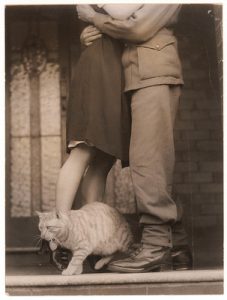
Elle was now experiencing manic love, where she spends all of her free time obsessing over Daniel, and spends countless hours dwelling on all the things that could go wrong, creating more anxiety for her. She realized that she wanted that label “exclusive.” She needed that sense of security. Now, Elle was hoping for a happy ending with Daniel. However, that’s not how it went. She brought up her concerns to him one day, and he told her he never had any intention to be serious or exclusive with her. That broke her heart, and it seriously messed with her perception of romance for a while. But she had to get over it, at least after a few months of crying and watching more romance movies. People could say that watching so many of these movies is what got her here in the first place, and that statement holds some truth to it. Continuing to watch these films, rather than using other resources to help her redefine her concept of a realistic relationship, just perpetuates the challenge of entering into a meaningful relationship with a significant other.
Being able to recognize that movies can influence her choices in romantic relationships is a good thing. This will allow Elle to have a better view of what she values in a partner, and what’s important to her, rather than simply putting up with ambiguity. And now she’s cautious when she views her romantic partners. She no longer idealizes them, and puts them on a pedestal; rather, she is able to hold them accountable for their actions. Galician (2004), an author of a critical analysis of romantic media, argues that people seek romantic content in the media in order to see relationships that appear to work despite all obstacles. Further, previous work has documented that young people seek out romantic media content in order to learn about relationships.6
It’s important for everyone, especially younger audiences, to realize that the types of films they watch do impact decisions they make and how they may perceive themselves. By acknowledging that movies have this type of influence over the way that people think, it’ll become easier to distinguish fantasy from reality, and possibly save someone from another heartbreak, or help them take that leap of faith when meeting someone new.
- Casie H Morgan, Barbara A Morrongiello, and David C Schwebel, “Short- and Long-Term Effects of Superhero Media on Young Children’s Risk-Taking Behaviors,” Journal of Pediatric Psychology 46, no. 7 (August 2021): 779–89, https://doi.org/10.1093/jpepsy/jsaa133. ↵
- Francis Duffy, “Attraction and Love,” Salem Press Encyclopedia, 2021. ↵
- Amy Heckerling, Clueless, 1995, Paramount Pictures. ↵
- Baz Luhrmann, 1996, Romeo & Juliet, United States: Twentieth Century Fox. ↵
- Francis Duffy, “Attraction and Love,” Salem Press Encyclopedia, 2021. ↵
- Veronica Hefner and Barbara J. Wilson, “From Love at First Sight to Soul Mate: The Influence of Romantic Ideals in Popular Films on Young People’s Beliefs about Relationships,” Communication Monographs 80, no. 2 (June 2013): 150–75, https://doi.org/10.1080/03637751.2013.776697. ↵
- Veronica Hefner and Barbara J. Wilson, “From Love at First Sight to Soul Mate: The Influence of Romantic Ideals in Popular Films on Young People’s Beliefs about Relationships,” Communication Monographs 80, no. 2 (June 2013): 150–75, https://doi.org/10.1080/03637751.2013.776697. ↵
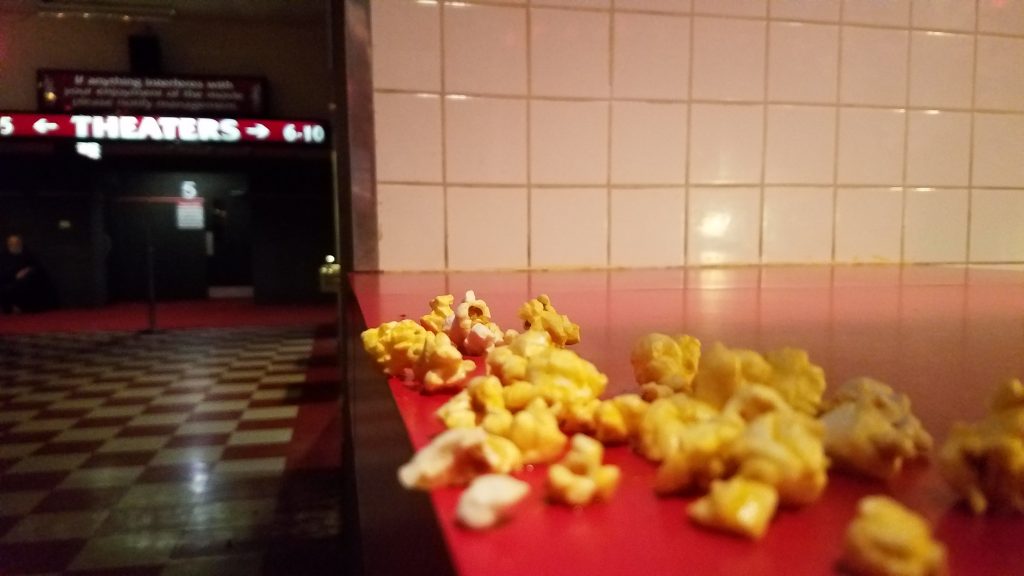

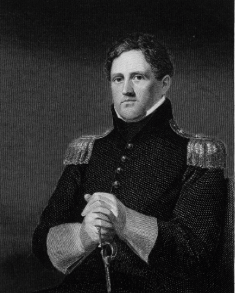
78 comments
Abigail Delarosa
I myself have always loved watching romance movies. Romcoms are my favorite genre to watch and I always wanted my love life to turn out the way it did and movies. Which is why I was so eager to read your article. Because just as I would wish to find love in the ways they do in the movies I was always dissapointed that its not like that in real life. That is why I agree with everything you are saying in your essay. This false hope that our love life is going to be like this makes us sometimes set false expectations that lead us to get let down when it doesn’t end that way. your article was very interesting I’m glad I got to read it.
Emily Rodriguez
This was a fascinating article to read! Some of the romance movies geared towards pre/early teens, amaze me with what the media portrays to them as “healthy romance.” For example, the Twilight series is one of those series that is geared towards pre/early teens. The main guy, Edward, is stalkerish, obsessive, and hardly knows Bella. Realistically, these things should be seen as red flags or things that girls should not idolize. But, that’s not the case; Endless young girls fall in love with this character and want that for their relationship. How is this healthy? It was no surprise that this article concluded that romance movies affect how we see/want love.
Yanelle Nicholson
This article’s perspective on romance is very interesting, and unknowingly plays a part in many young people’s lives. Just as the author said that kids try and emulate many superheroes, likewise, young adults use these romantic movies as a blueprint for real-world relationships. Although it’s easy to get caught up in this fantasy, it is up to these young adults to learn how to separate fantasy from reality and realize this isn’t a “happily ever after.” Instead of getting these impractical notions of romance through fiction, one must take a step back and observe what is going on in the real world and through self-reflection one can finally grasp what a true relationship actually endures.
Andrew Molina
this article kind of made me sit back and think to myself, “does this really effect love and romance?” It made really think it was super intriguing to me. I like the way the article conveys what love means on the screen and media. In a sense, love is like monkey see, monkey do kind of thing, whatever we see, we try emulate and try to copy it. I think that unrealistic epxetections causes rifts and unreliable measures in modern love, especially in our generation. The article portrays love in an unrealistic way in multiple ways so its cool to see how these are bad and unhealthy ways to the youth and also the media. Love is like life, everyone approaches differently and it grows and blossoms and dies all differently.
Kayla Cooper
This article was very well written with so many true facts and true information. I love how you ended the article saying “the types of films they watch do impact decisions they make and how they may perceive themselves.” This is so true on so many levels and I think it is so important that people read this and know this. I have always thought romance movies have a positive influence on everyone but this article really made me realize that watching romance movies can higher our expectations and standards and that is so important, especially for young children.
Jacob Galan
This is a well written article about young romance. I really like the part at the end that talks about how Elle is “cautious when she views her romantic partners. She no longer idealizes them, and puts them on a pedestal.” I think that most people can relate to that in the sense of when we found someone who we had feelings for we put them on a pedestal, but they didn’t have the same feelings for us. After having those feelings destroyed, we are hesitant to give love another try since we don’t our hearts destroyed again.
Natalia Ramirez
This article really made me think a little deeper and realize how movies, especially romantic movies, have an influence on our expectations, which can lead us to becoming disappointed. Have you noticed than in almost every romantic movie, there is a happy ending? This is not what real life relationships are like. I also loved how you included the example of the movie Clueless. This is one of my favorite movies! You are right though! In the movie, we do not find out Christian’s true intentions or the fact that he is not interested in girls till later on in the movie. Some romantic movies are just unrealistic, which can lead us to being disappointed in the real world.
Velma Castellanos
I believe the media does affect our perception of love. This is great article because I feel as if this type of thing should be talked about more. This also makes me wonder that if we did not have all these romance movies then what would my perception of love be? I enjoyed the way you put the different types of love and how some were unrealistic. That is true because I have personally seen people talk about the’ love at first sight’ and I remember thinking how unrealistic it is. Overall this is a great article that needs more attention.
Peter Alva
This article was very interesting due to having me thinking about the same thing about a week ago. Younger people think about love and compare it to things that they see. Whether that be from their parents or from movies and when they see these relationships through the movies that what they see as love when maybe Love is a different case for everyone. Love is never the same for everyone so hearing this I see how it can be true in a sense.
Madeline Chandler
This was an extremely well written article, and it was so detailed. I honestly have not thought of the perception of love and its effects on younger audiences. It fantasizes the idea of love and that no issues occur. I think that TV’s version of love has changed the progression of relationships and what children expect when they are older. Media has long term and short term affects on younger audiences on their expectation of love.